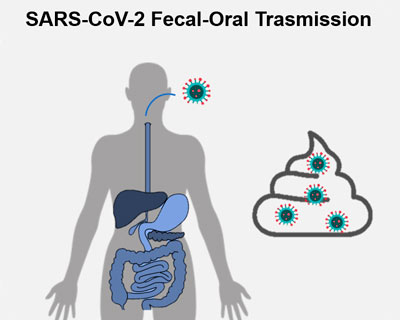Title: Determining the possible faecal-oral transmission route of SARS-CoV-2
Research group: The Environmental and Biomedical Viruses Lab
SARS-CoV-2 is mainly a respiratory virus, although it’s been shown that it can replicate in the intestinal mucosa and be excreted via faecal matter. Molecular data proved the presence of the virus’s genetic material in faeces, while detection studies for infective viral particles are still incipient and based on a small number of patients. This project expects to study the faecal-oral route and its transmission potential, particularly present in underdeveloped areas with inadequate sanitation and sewage conditions. Lastly, this may imply the presence of viral particles in sewage water, a recently revealed fact highlighting the potential of sewage water as a transmission route for SARS-CoV-2, although it requires a more detailed study validating new transmission routes.
Pilar Domingo Calap
- Javier Pemán
- Alba Ruíz
- Iñaki Comas
- Irving Cancino
Consejo Superior Investigaciones Científicas (CSIC) - PTI Salud Global/Global Health Cov19
- Instituto de Biología Integrativa de Sistemas, Universitat de València-CSIC (beneficiary)
- Instituto de Investigación Sanitaria La Fe (València)
- Instituto de Biomedicina (IBV) (CSIC, València)















